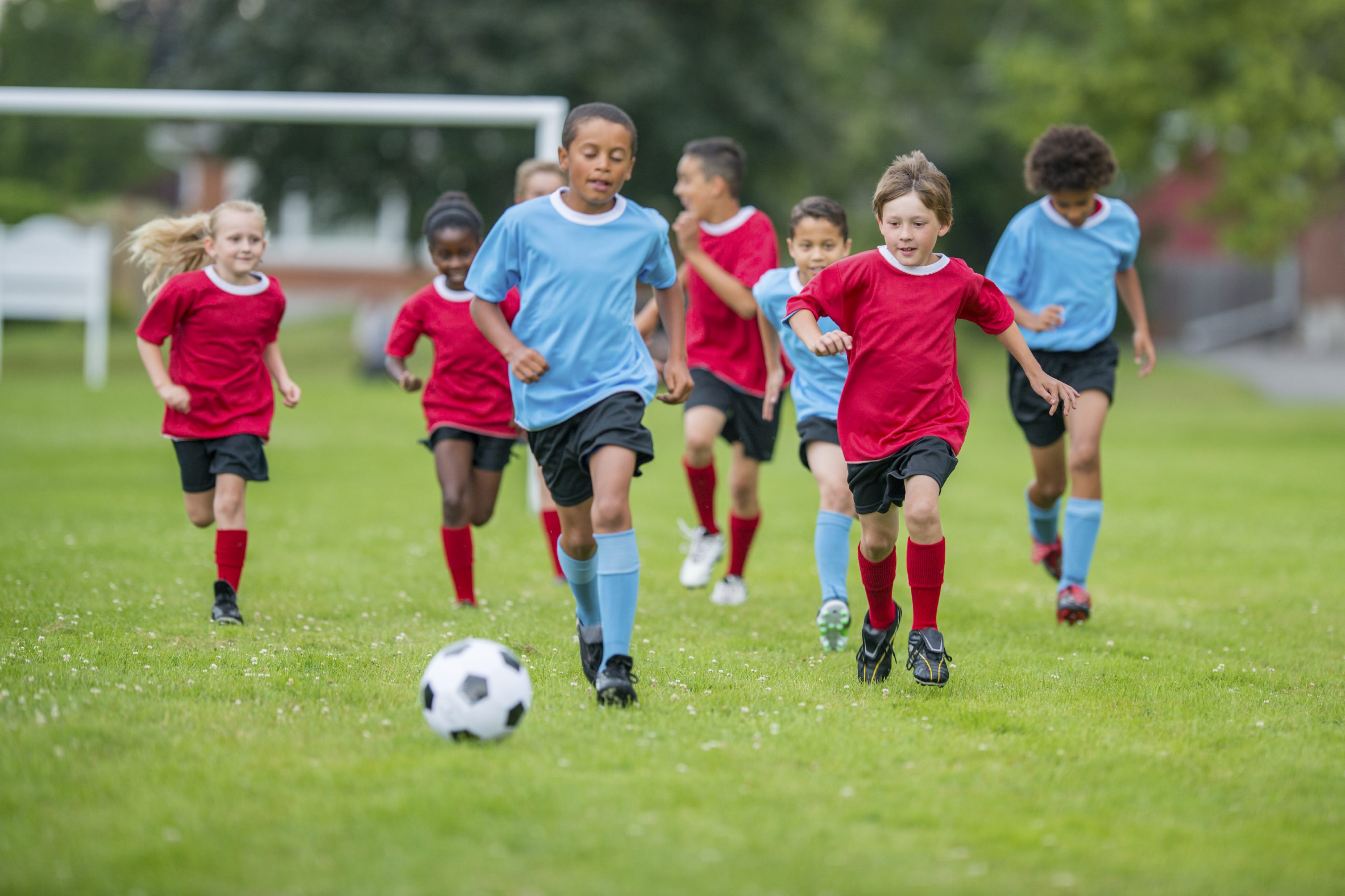By Wendy Rice, Psy.D. Licensed Psychologist
The Psychological wins and losses in competitive sports are pressure enough. But, are you as a parent supporting your child or transferring your desires onto them causing them to feel stress and disappointment?
Are you the dad who is insulting the ref who made a bad call?
Are you the mom who wants to tell your son’s coach a thing or two after the game about either over or underplaying your child?
Maybe you are the horse show parent who coaches from outside the ring, interfering with what your child’s trainer is telling her to do.
 And, let’s hope you are not the parent who gets into arguments or even physical fights with other parents or coaches. Yikes!
And, let’s hope you are not the parent who gets into arguments or even physical fights with other parents or coaches. Yikes!
Participation in sports is an invaluable part of many children’s lives. Some participate in traditional team sports such as soccer, football, lacrosse, hockey, volleyball, or baseball. Others take part in more individualized sports such as tennis, track, bowling, and horseback riding while still being part of a team.
Regardless of the type of sport, there are so many lessons to be learned. “Life Long Learnables” (to quote my friend Bob Ditter) from sports include lessons that are not learned in the classroom and often last a lifetime.
So, before we get too deep into parents behavior on the field, let’s take a look at these Life Long Learnables:
- Sportsmanship is knowing how to be a good winner, loser, and how to handle everything in between. It means knowing that sometimes the referee or the judge might favor the other team or another competitor but that on another day things may go more in your favor. It means being able to handle a rain delay and lending your fiercest competitor an extra jersey if she forgot hers.
- Teamwork means looking out for others and supporting them during warmups and on the field. It may even mean helping a friend go through her flashcards on the bus ride home so that she can ace tomorrow’s science test.
- Strategizing means knowing how you are going to execute a play, a ride, a corner kick, a penalty shot, or a rally in advance. It means knowing your opponent’s strengths, weaknesses, and style so that you are really prepared with how you are going to act on the field.
- Planning and Preparation means having what you need when you get to practice or the game. A big lesson that sports teaches kids is how to gather all that they will need to participate which includes their uniform, sneakers or cleats, water bottles, and other equipment. Some kids’ parents do this for their children but others gradually teach their children how to gather their own belongings. These are great lessons.
- Pushing through when the going gets tough is a wonderful learnable that often isn’t one we get from school. When kids play through the mud, heat, or cold (within reason) or nail a jump, goal, or sprint that they thought they couldn’t do, they gain a belief in themselves; self-confidence and self-esteem that cannot be manufactured.
So, when you think about how you as a parent act on the bleachers or sidelines, are you helping your children to focus on these 5 Life Long Learnables or are you interfering?
If your child is worried about whether you are going to lose your temper in the stands, insult the ref, or interfere with the coach doing his or her job, you are distracting your child from being fully present on the field.
When parents act childishly on the sidelines, kids feel embarrassed even if they don’t share how they are feeling. And, both your child and his or her peers will have their eyes and ears more on you making a scene than on the field where they should be focused.
You cannot give or praise your children into having good self-esteem. You can however support them in a loving, positive way while they find their own path to those good feelings about their own abilities and character.
Think about it. How can parents possibly teach their children about good sportsmanship if they cannot control their own tempers?
When your child’s team loses or has a bad day, please keep the following in mind:
- Sportsmanship: It is definitely way more fun to win than to lose but if we model how to lose gracefully we can show kids how it is done. Teach them how to win and lose gracefully and how to learn from the losses. Maybe they were just outplayed but maybe they were dehydrated, unfocused, hadn’t practiced a certain play enough. See if your child wants to talk about what happened and if he or she can think of what they would like to do differently the next time they play.Everyone knows that kids are much more likely to do what we do, not what we say. So, walk the walk instead of just talking the talk and see what happens in your family! We want kids to learn the fun of the game and playing as much as the thrill of victory – right? Make sure you offer appropriate behavior for your child to model and don’t get yourself a pink or red card in the stands!
- Teamwork: Instead of arguing with other parents when you have a disagreement, find ways to peacefully work out differences and then make some type of positive overture toward them. Work together toward letting your children know that just as he and his teammates are expected to work together and support each other – the adults are following the same guidelines.
- Pushing through: Try to be at your child’s games and tournaments and competitions. It speaks VOLUMES when you are there, in the stands, witnessing, cheering, and going through the emotions of your child’s sport alongside your child. Even if it is hot and humid, cold and rainy, or you would rather be home on a Sunday morning reading the paper with a hot cup of coffee – take your iced tea or coffee with you and support your child as often as you can.
If you keep these tips in mind and keep a handle on your own behavior everyone wins!
Have a learnable you think needs to be added? Share it in the comments below. It may help someone else.


